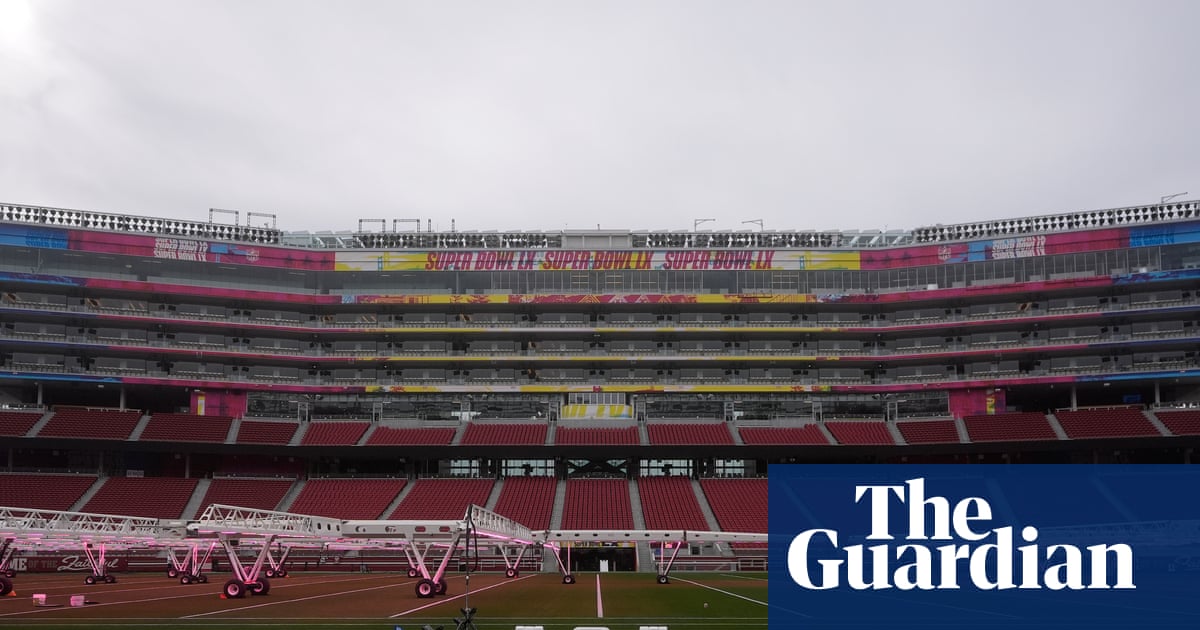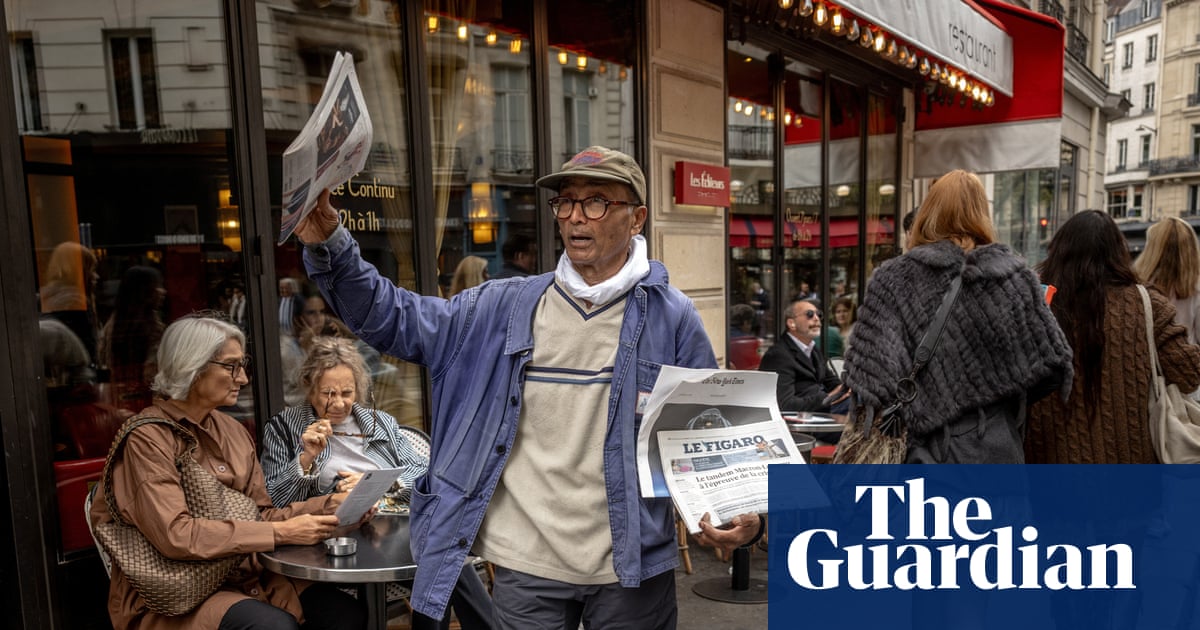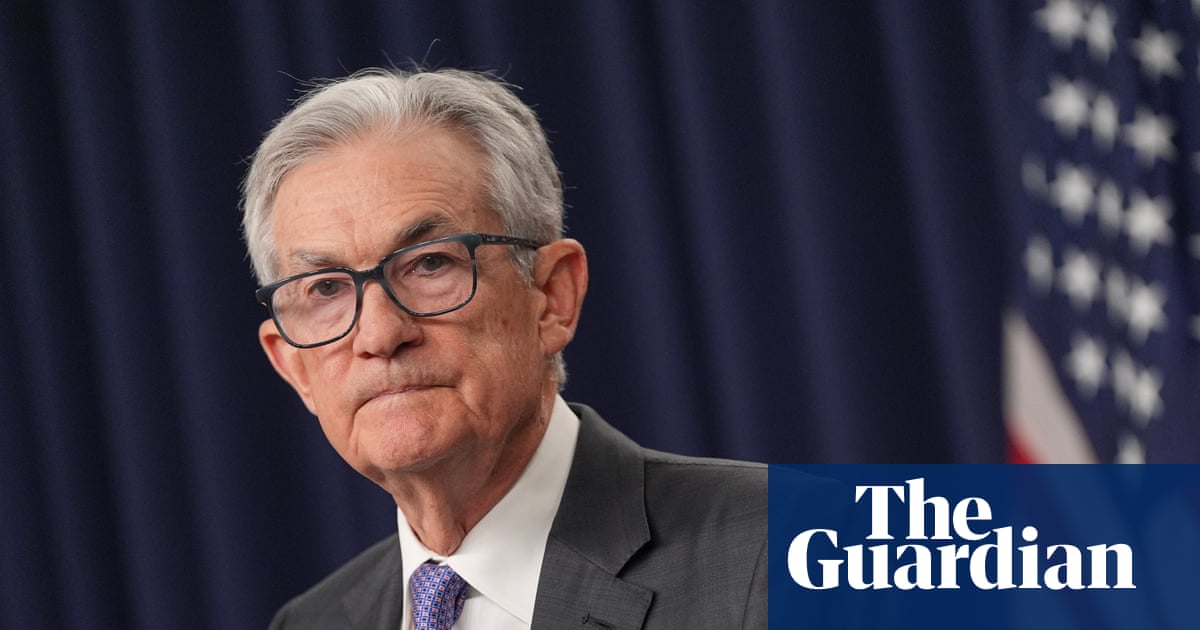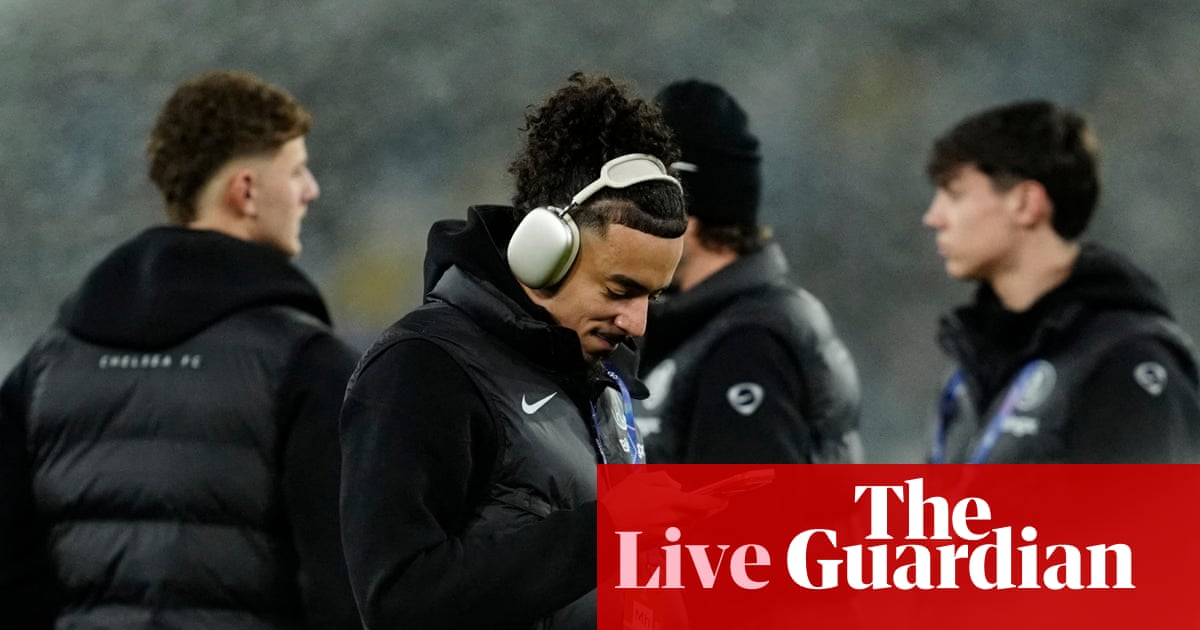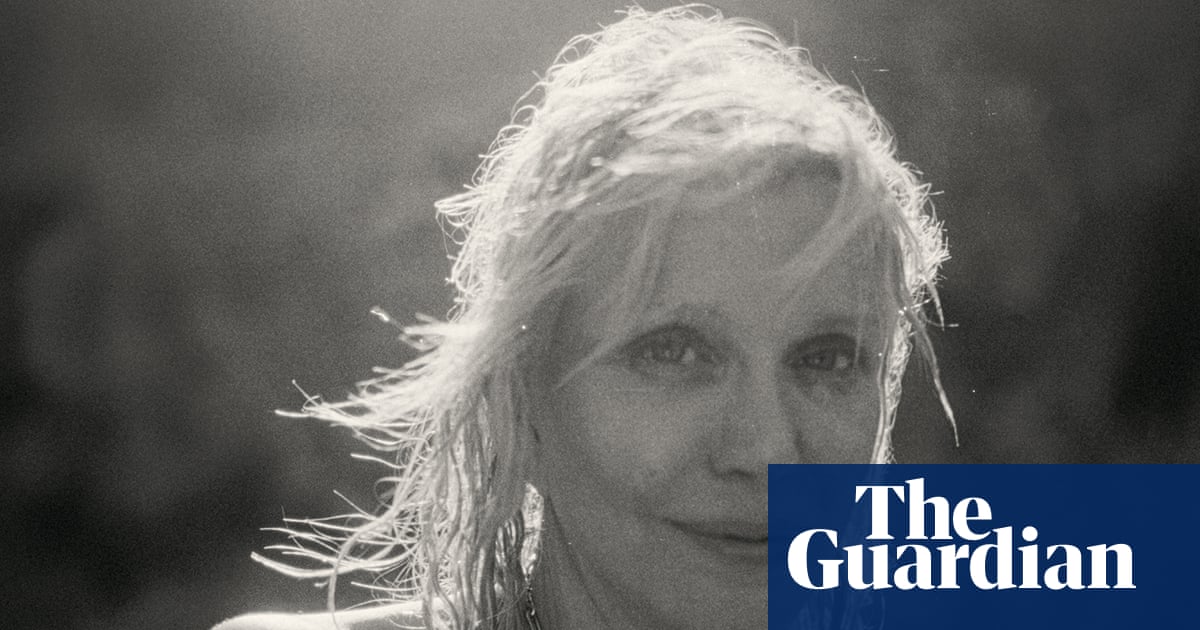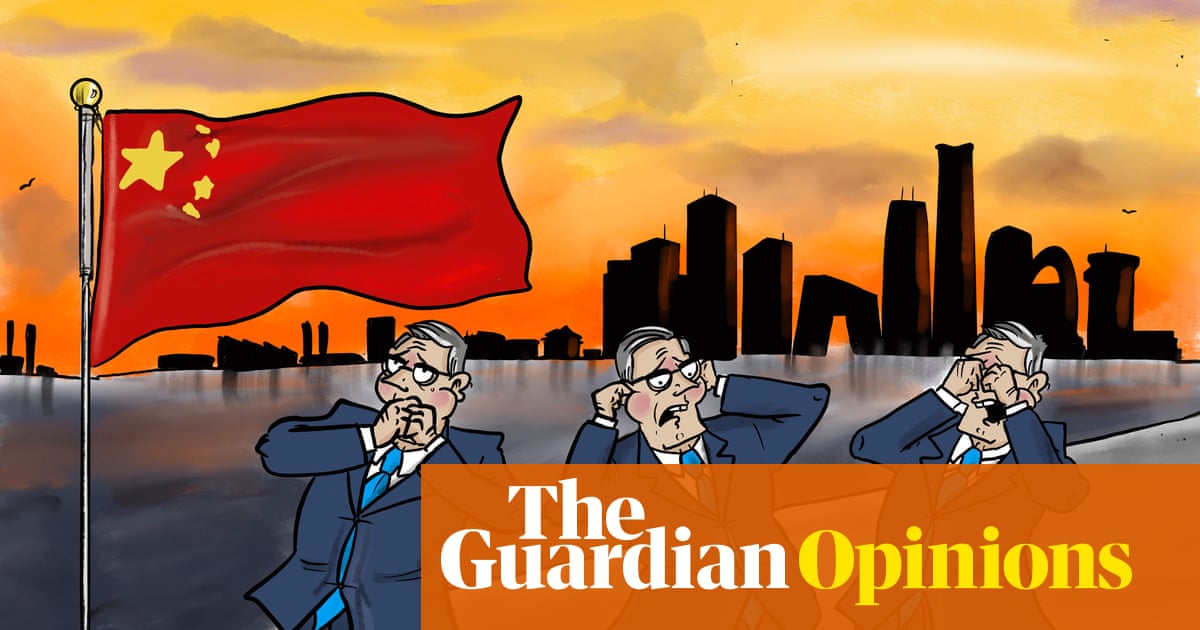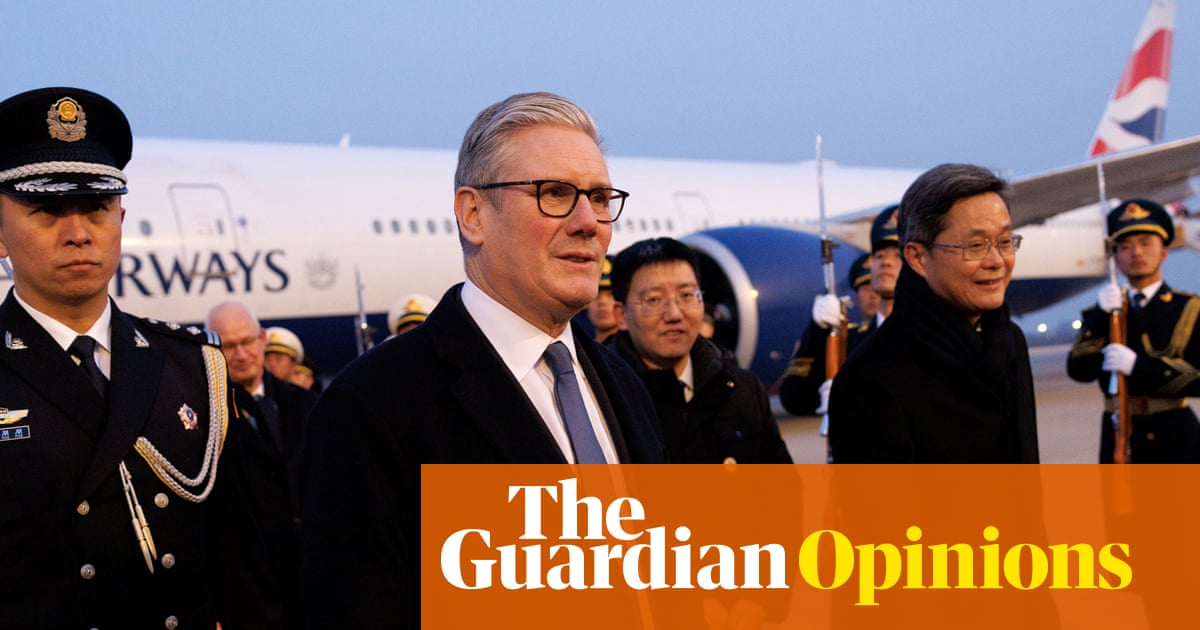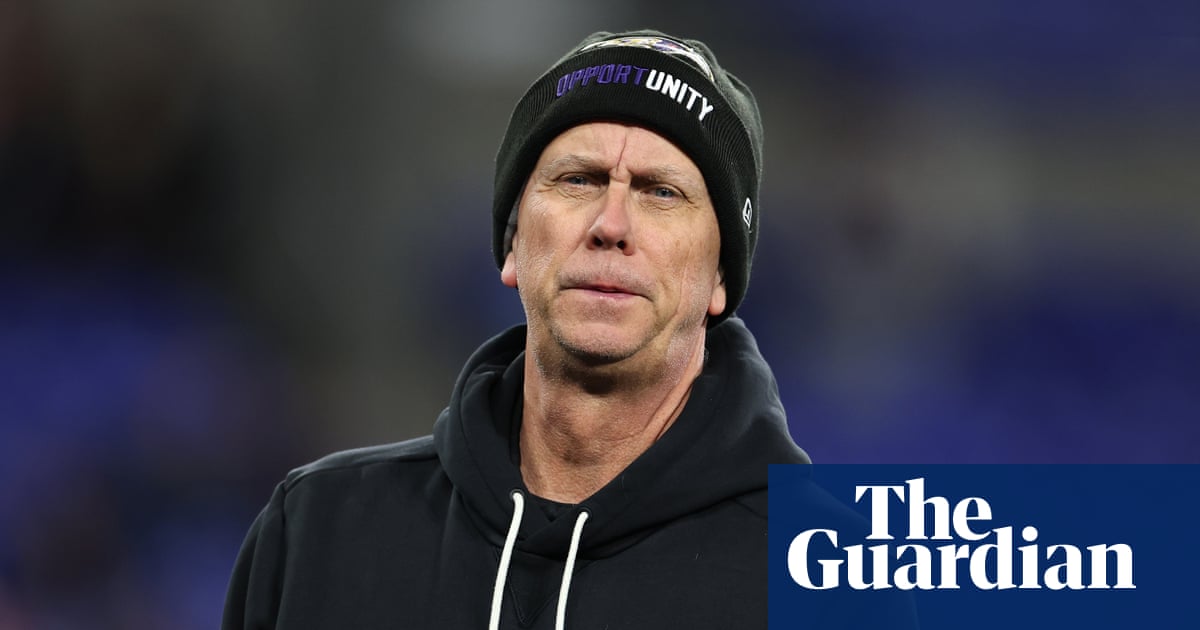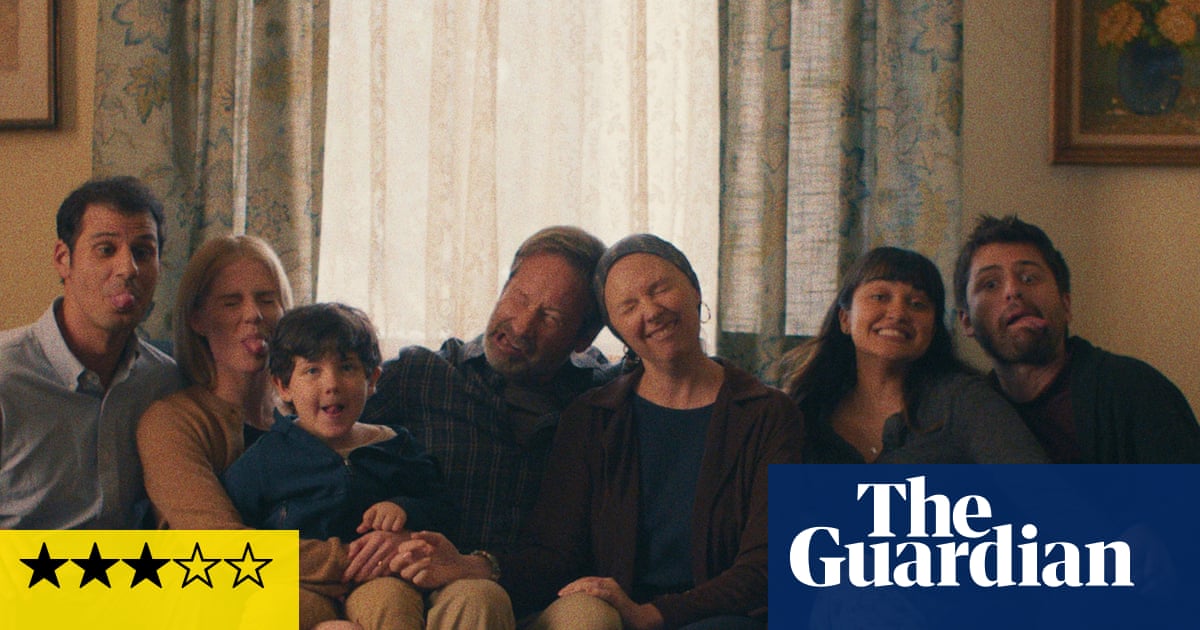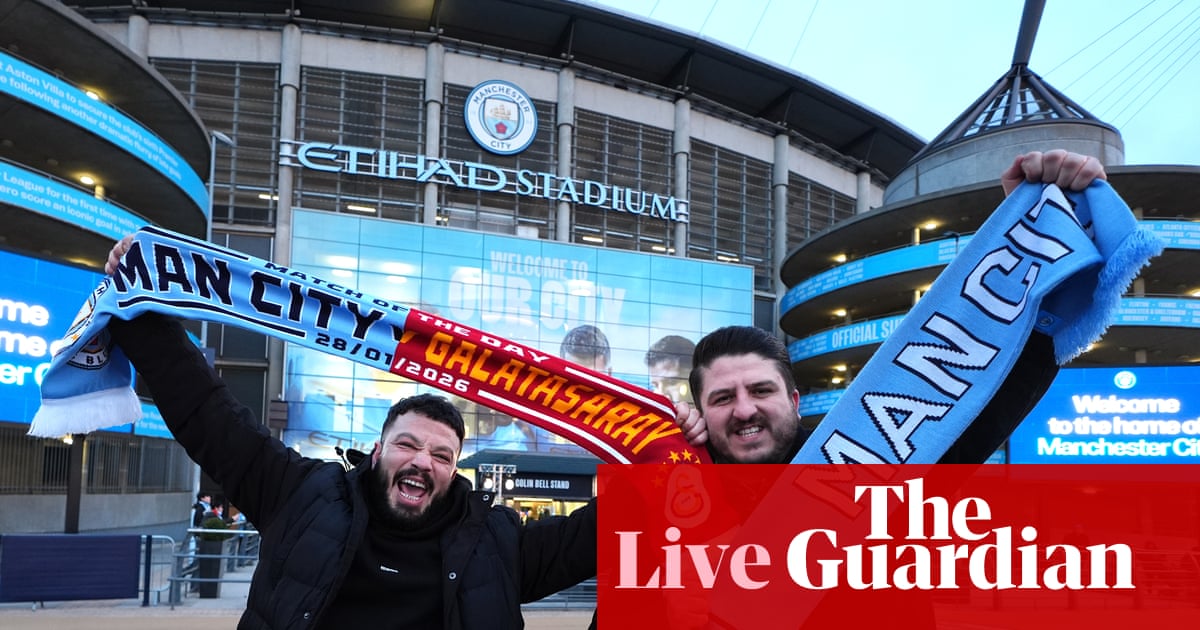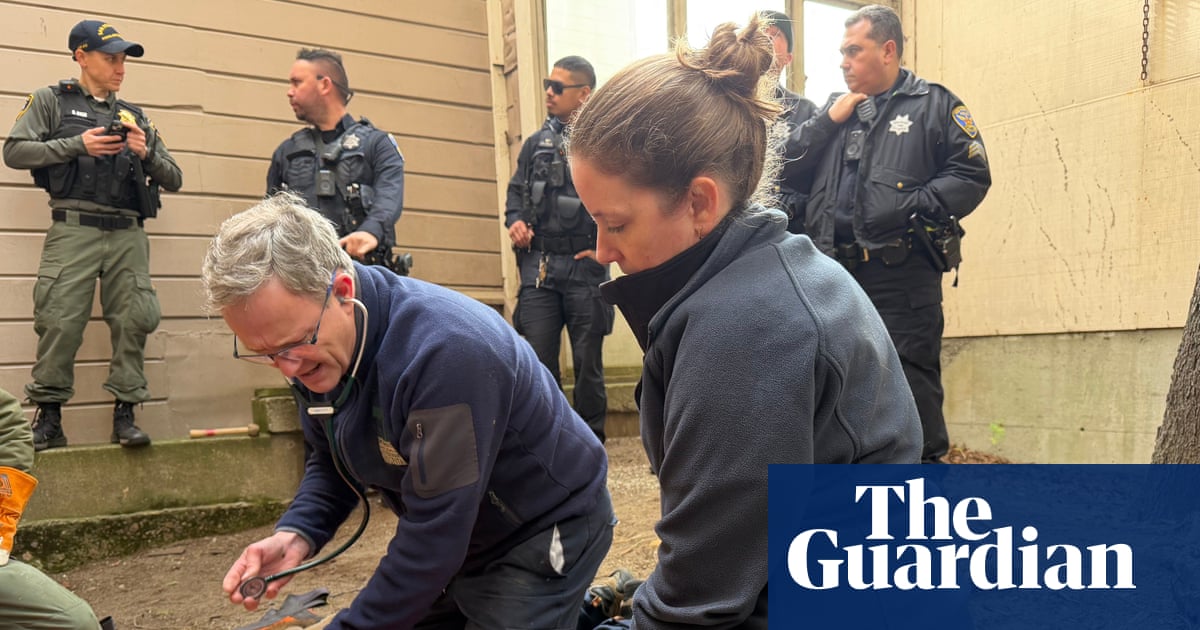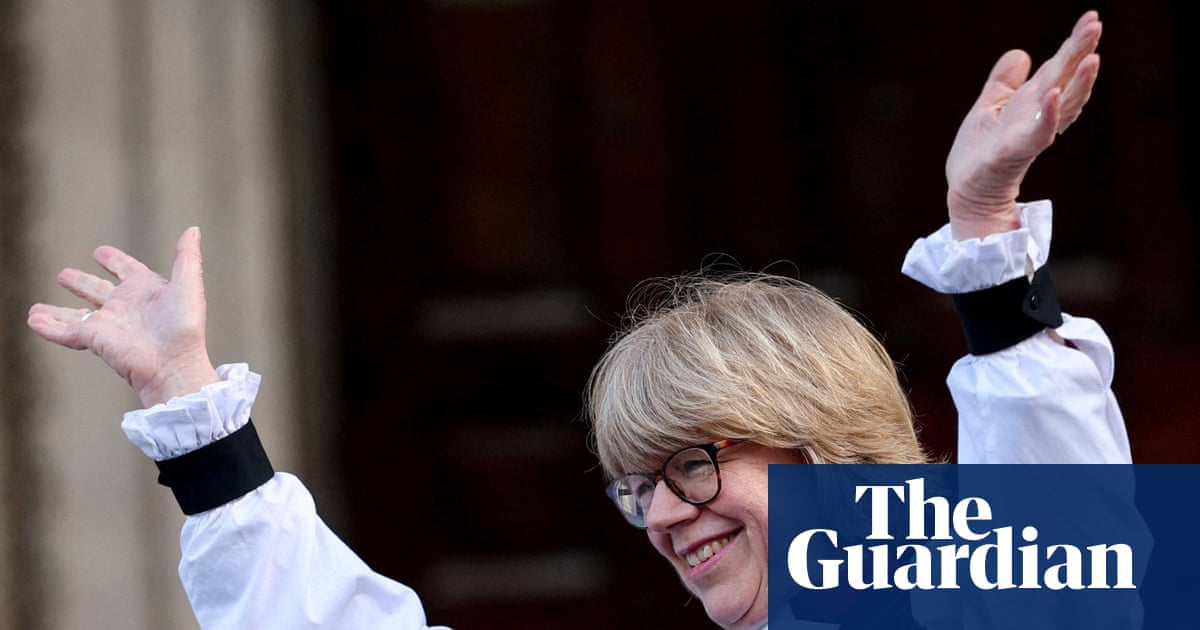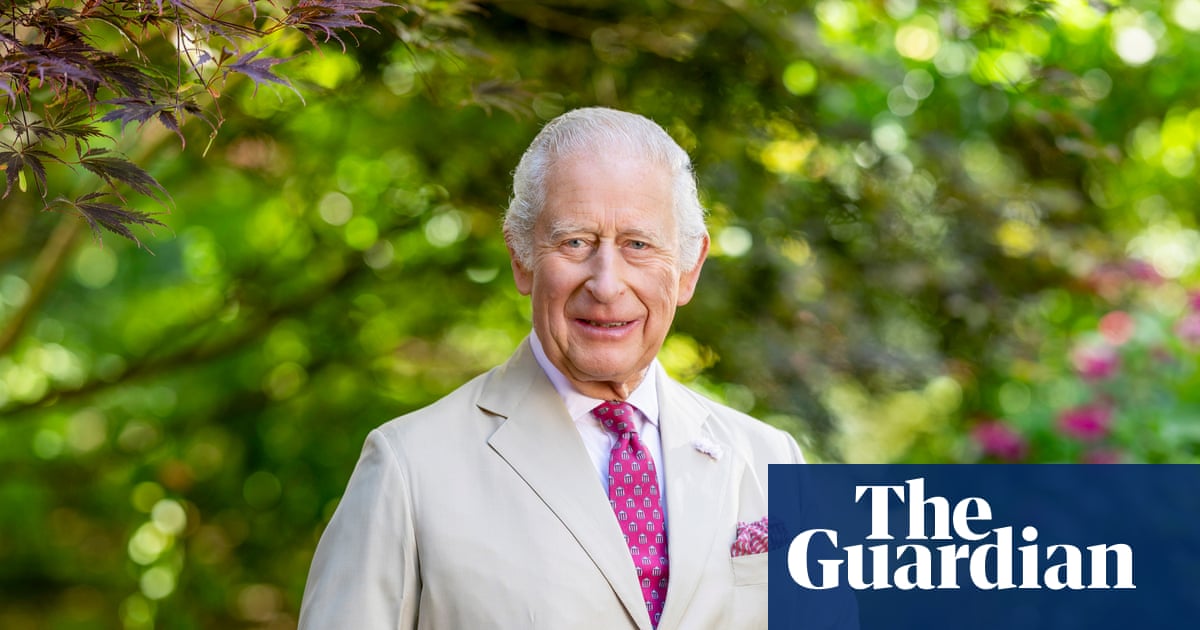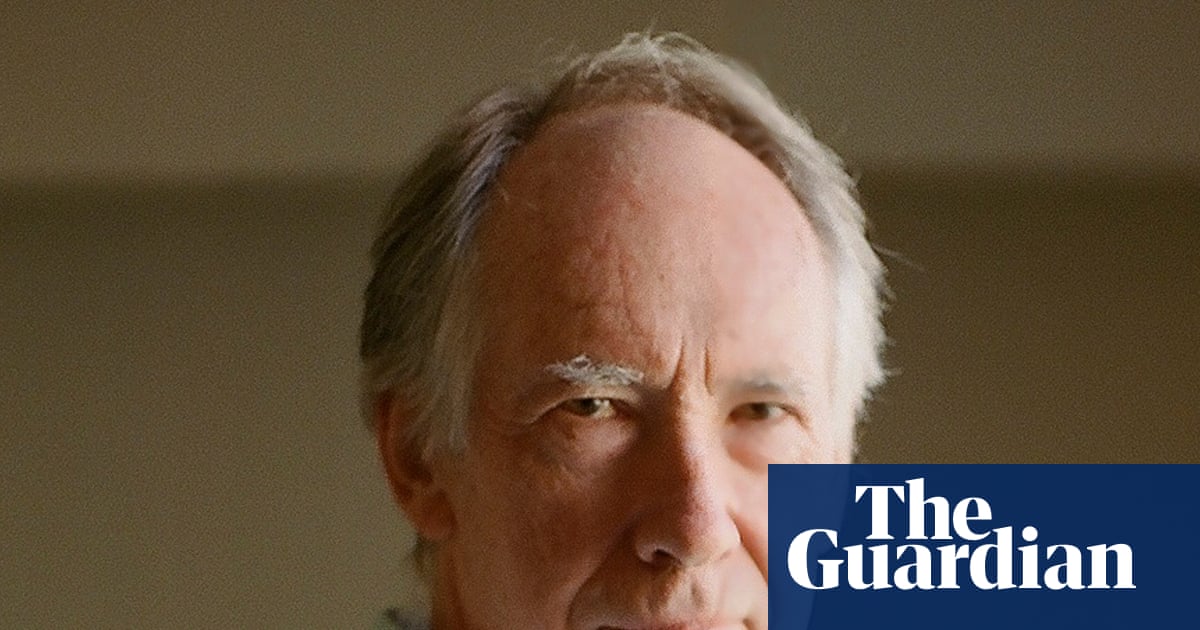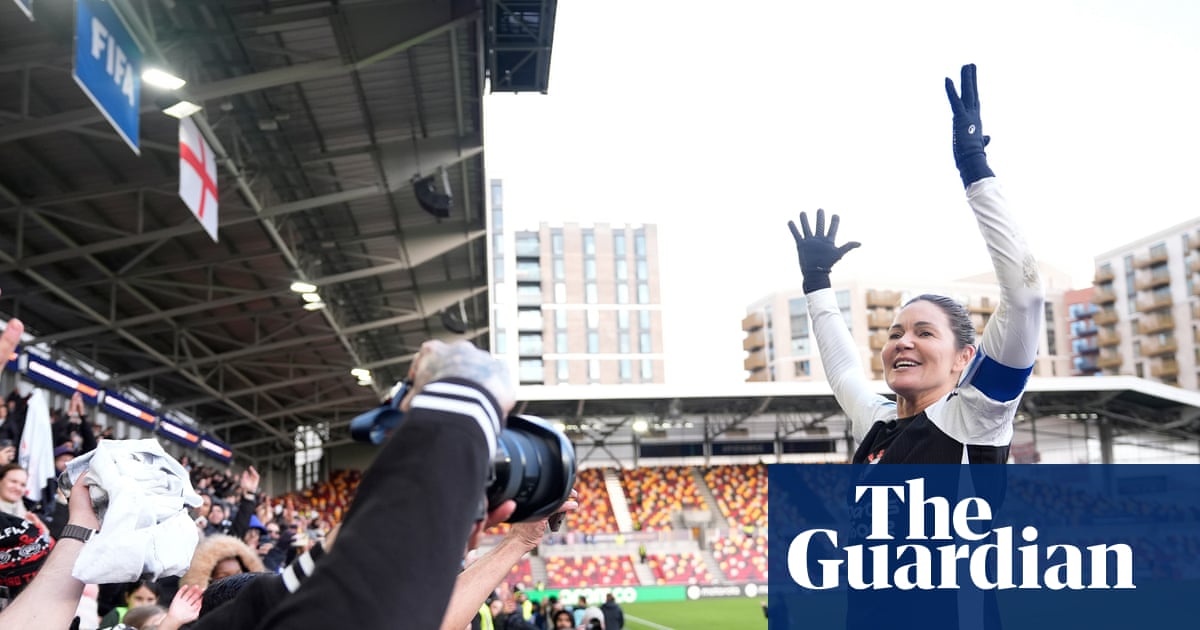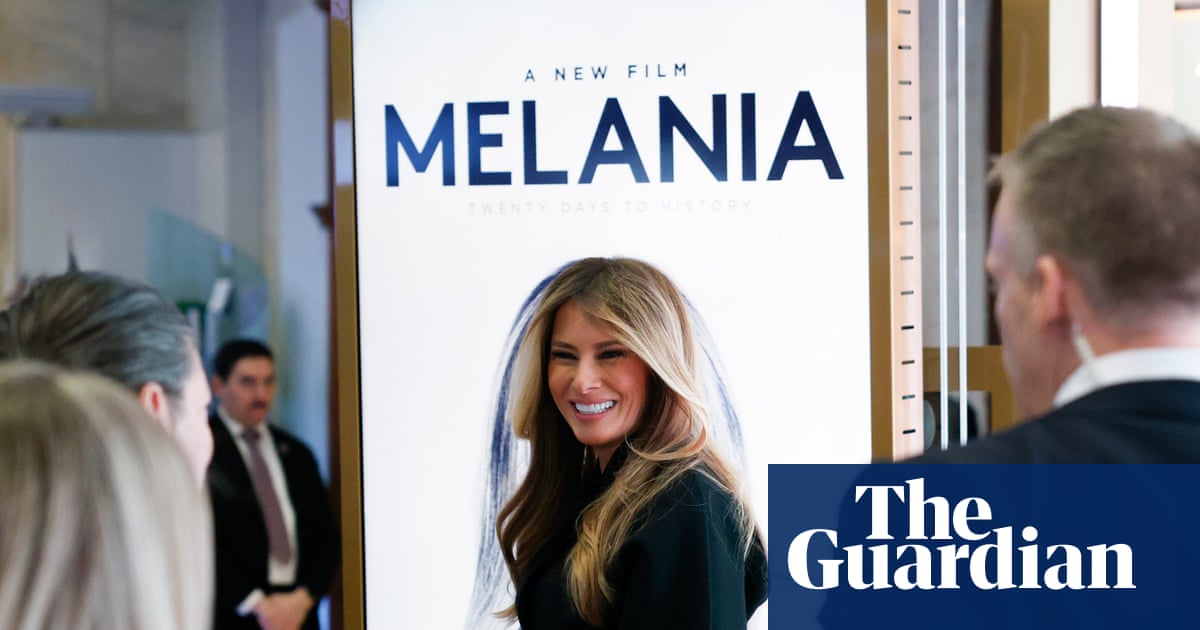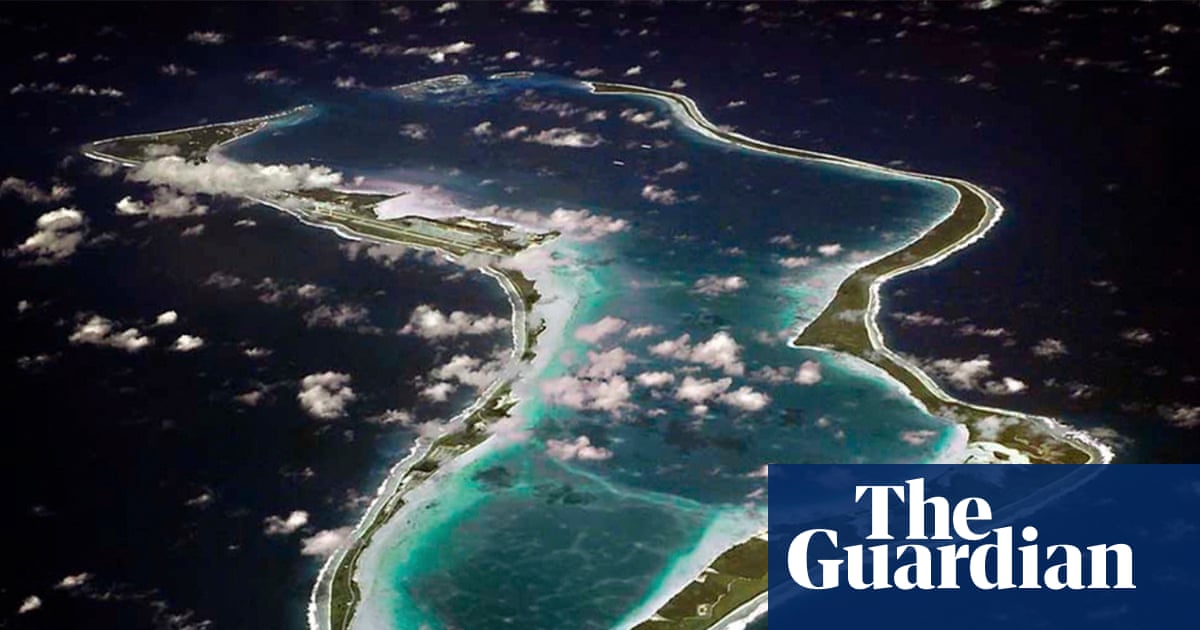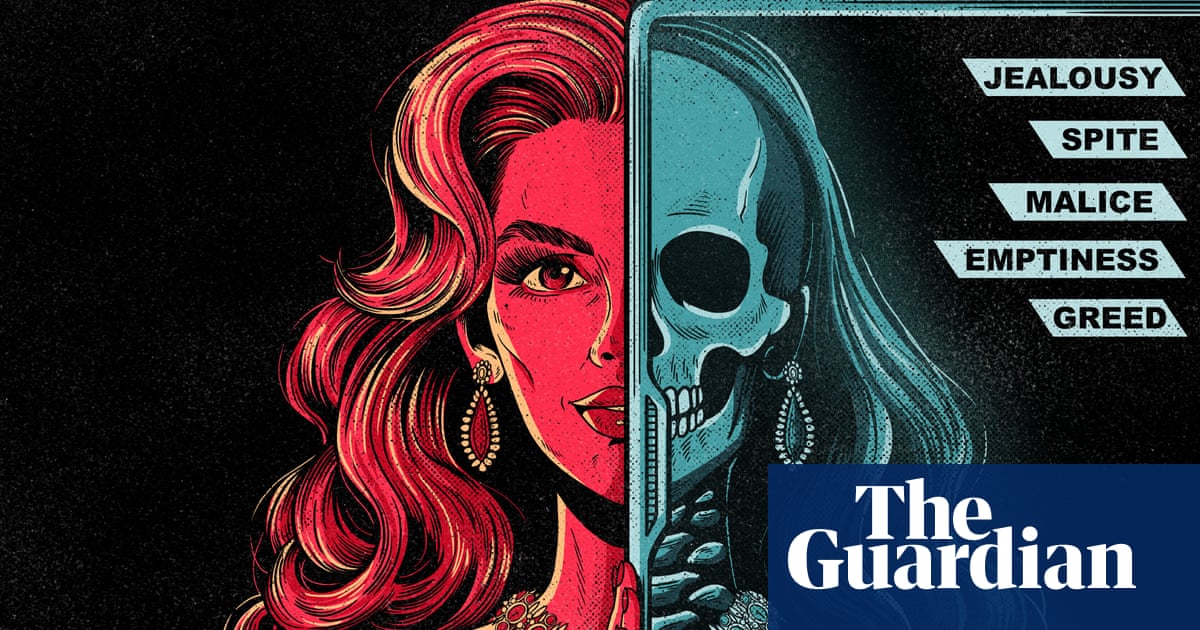Life was never the same for New Yorkers after the terrorist attacks of September 11 2001, with every resident coping with the trauma and devastation of that day.
But for Muslim New Yorkers there was an added burden: the suspicion and sometimes physical harm now lurking around every corner.
Vigilante violence against Arabs and Muslims exploded across the city and around the country. In what feels very much like a precursor to today’s ruthless ICE raids, mass arrests swept up Muslims on flimsy immigration pretexts, with many of them being held under extremely abusive conditions. The contemporary national security state was born atop the vestiges of Muslim civil rights.
Twenty-four years later, the situation in New York appears completely different. The country’s largest city is now poised to elect its first Muslim mayor, Zohran Mamdani, a 34-year-old Democratic socialist who won the Democratic slot on the ranked-choice primary earlier this summer. What accounts for this profound change?
The practically unstoppable rise of the man with a smile as wide as the West Side Highway can certainly be explained by his oratory gifts and political skills. Alexandria Ocasio-Cortez, among others, has described him as a “once-in-a-generation leader”. But Mamdani’s success is also part of a larger story of how young Muslim New Yorkers have been organizing themselves after the dangerous situations they were in after 9/11.
Born out of necessity to counter a rising tide of Islamophobia, young Muslim New Yorkers have spent years developing political power in the city, building local political institutions, and leaning into a different kind of politics, one that embraces identity yet also moves beyond its sometimes shallow appeal. That movement has been growing quietly and steadily for years. Mamdani is now its best and most accomplished expression.
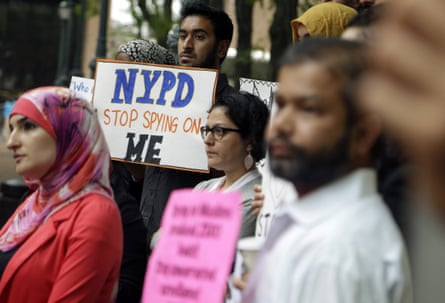
As the Muslims of New York have been organizing, their numbers have also been steadily growing, making it impossible to ignore Muslim voters for anyone who wants to run for office and win. The city likely has about 1 million Muslims (there are no official numbers tallied for religious groups), which is about the same number as Jews in New York City.
The Council on American-Islamic Relations estimates more than 350,000 Muslim New Yorkers of that million are registered to vote, though only about 12% voted in the 2021 mayoral election. That is also now changing. Muslim and South Asian voter turnout in the mayoral primary this summer was up 60% compared with the 2021 primary, according to the Muslim Democratic Club of New York. And despite what rival Andrew Cuomo claims when he stated last month that “the Muslim community are not socialists,” it is clear that Muslims are a growing political force pushing the Democratic party to the left on fundamental issues.
“People are looking at Zohran as being a very unique candidate, and he is,” said Saman Waquad, president of the Muslim Democratic Club of New York. “But his prominence in this election is built on the work of Muslims over the past decades, in the post-9/11 era.”
That work began immediately after the 2001 attacks. Within days, the government began using federal immigration law to arrest anyone it suspected of having a connection with terrorism, which often meant little more than being an immigrant and having a Muslim name. Hundreds of people were detained, and the justice department refused to release their names, leaving families scrambling to look for those who had in effect been disappeared into jails around the country.
Fahd Ahmed, executive director of Desis Rising Up and Moving (Drum), a community-based social justice organization of working-class South Asians and Indian Caribbeans, recalled the moment. His organization, he said, was doing “the work of finding people in jails, organizing them on the inside, organizing their families on the outside, and warning community leaders about working with the FBI and the NYPD”.
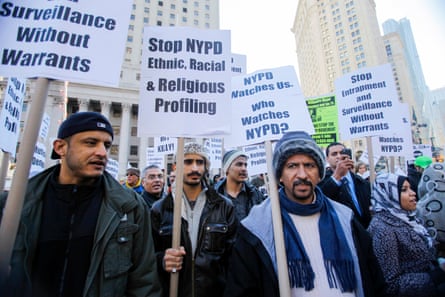
Most efforts in the years after 2001 were often reacting to crises rather than building alternatives. And the crises were many. The Bush administration began requiring all adult males from two dozen Muslim-majority countries to register with the government. The FBI interviewed Muslim community members as the wars in Afghanistan and Iraq began. Spies and informants infiltrated mosques and community organizations across the city and around the nation. The Obama administration’s Terrorism Screening Database ballooned to more than 680,000 names. Through the whistleblower Edward Snowden, the NSA was revealed to by spying on ordinary Americans, including Muslim Americans. Working with a CIA officer, the NYPD engaged in a years-long campaign of warrantless surveillance of Muslims Americans across the city.
Muslim New Yorkers had little influence in city politics during those years. The only Muslim elected to city council was Robert Jackson, who won his seat in 2001 and who subsequently became a trailblazer for politically minded young Muslims. (In 2018, Jackson became the first Muslim elected to the state senate.)
But Jackson’s victory was unique at the time, and by the time the 2013 mayoral election season rolled around, Muslim New Yorkers were still searching for more structural solutions to battle government repression targeted at them and fight for political recognition.
The Muslim Democratic Club of New York was formed that year, and the club co-sponsored its first mayoral forum, where all the major Democratic candidates, including Bill De Blasio and Christine Quinn, showed up. Each candidate was asked about incorporating Muslim holidays into the public school calendar (a campaign some Muslim New Yorkers began in 2006, when a state regents exam was held on the same day as a major Muslim holiday) and if they believed warrantless surveillance of Muslims was unconstitutional. Only two of the seven candidates found the spying unconstitutional.
Mamdani’s rise to the top of New York city politics began with the Muslim Democratic Club of New York. Ali Najmi, its co-founder, is a lawyer who specializes in election law. In 2015, he attempted a run for city council. Najmi’s childhood friend, the rapper Heems, had endorsed him in the race, which was enough to inspire Heems fan Mamdani to trek to Queens to volunteer for Najmi’s campaign. In 2017, the Palestinian American Lutheran pastor (and Democratic Socialists of America member) Khader El-Yateem ran for a seat on the council. Mamdani, who joined the DSA around this time, was his canvassing director. And in 2018, Mamdani managed left-leaning political journalist Ross Barkan’s run for state senate.
Najmi, El-Yateem and Barkan all lost their races, but as Najmi told the newspaper amNewYork: “Zohran’s ascension is the culmination of a bunch of people losing, myself included. And you learn lessons, you learn as you go. There’s institutional knowledge that was passed.” In 2021, Shahana Hanif became the first Muslim woman elected to city council.
Mamdani served on the board of the Muslim Democratic Club between 2018 and 2019, shortly before winning his own seat as a state assembly member in 2020. Soon after assuming office, he joined a 15-day hunger strike organized by the Taxi Workers Alliance to win debt relief for taxi drivers who, out of an exploitative system, owed enormous amounts of money on the medallions which authorized them to drive their cabs.
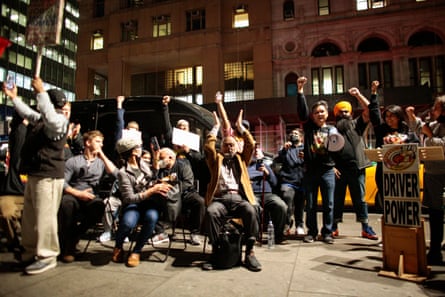
“In a city where a large number of taxi drivers are South Asian, there’s a natural affinity between Zohran and taxi drivers,” said Fahd Ahmed of Drum. “And Zohran used that to cultivate a relationship with the Taxi Workers Alliance. Similarly, with us. After he was elected to the state assembly, he reached out to us to say: ‘I know you all have historically worked on [the issue] of [warrantless] surveillance of Muslim communities. What can my office do?’”
It would be a mistake, however, to assume Mamdani bases his politics on identity over values. “Other candidates have been South Asian or Muslim, but they’ve not succeeded in capturing the community’s vote the way that Zohran has,” Ahmed said. “He instead uses identity as a way to get to people’s issues.”
Asad Dandia, a community organizer and friend of Mamdani’s, echoed Ahmed. “Zohran and I both came of age when 9/11, the wars on Iraq and Afghanistan, the 2008 financial crisis, the Arab spring, Occupy Wall Street and NYPD surveillance of Muslims all occurred before we turned 20,” Dandia wrote in an email. “We were only a year or two out of college when Trump won the 2016 election. These are the events that shaped us.”
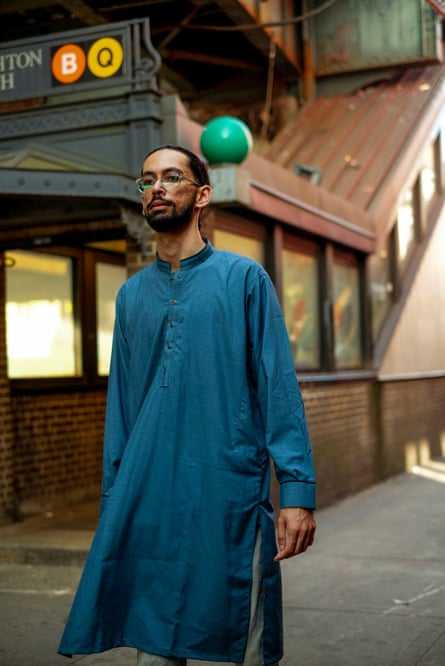
Dandia has personal experience with the NYPD spying on his life. When he was 19-years-old, Dandia co-founded a charity in New York, Muslims Giving Back, to aid poor families throughout the city. The charity was soon infiltrated by a paid informer for the NYPD, Shamiur Rahman, who later admitted that he had been recruited by the police to spy on Muslims, for which he was cleared of a drug arrest and paid first $1,000 a month and then $1,500 a month. He was to “create and capture” opportunities for Muslims to say suspicious things about terrorism and report them to the police. He never saw anyone he “spied on do anything illegal, not even littering”, he later wrote.
In retrospect, Dandia said, he should have seen this coming. Rahman’s behavior was odd. He would arrive late to meetings and photograph the sign-on sheet. He would take pictures of food being placed in cars to get license plates in the photos. He began posing strange questions, asking if killing innocent people is justified. Dandia eventually joined and won a lawsuit against the NYPD, which in 2017 established new office of civilian oversight over the police force. He began thinking of the connections between surveillance capitalism and Islamophobia and, in 2020, he co-founded a Muslim caucus in the Democratic Socialists of America.
“We could not hide the fact [from the world] that we are Muslim,” Dandia said, referring to himself and Mamdani. “Yet we do not anchor our politics strictly on these identitarian terms. Adequate housing is a ‘Muslim issue’, public transit is a ‘Muslim issue’, and universal childcare is a ‘Muslim issue’. Zohran fights for these issues because they advance the common good for all of us, Muslim or not, and align with both Democratic Socialist principles and Islamic values.”
Campaign fundraising statistics bear out how Mamdani’s affordability message is resonating beyond the confines of the Muslim community. According to Open Secrets, a non-partisan group tracking money in US politics, the Mamdani campaign has raised $16.8m, with about 90% of Mamdani’s donors contributing less than $250. The average contribution is $98. By contrast, the average contribution to the Cuomo campaign is $615, yet Cuomo has raised only $12.6m. Cuomo-supporting Super Pacs, on the other hand, have received 11 times as much money – including millions from Airbnb ($10m), former mayor Michael Bloomberg ($8.3m) and DoorDash ($1.8m) – than the Super Pacs that support Mamdani or oppose Cuomo.
But the most powerful political action committee of the season is arguably the city of 87,000 volunteers for Mamdani who are knocking on voter doors across the five boroughs talking about building an affordable New York City with the Muslim Democratic Socialist nominee.
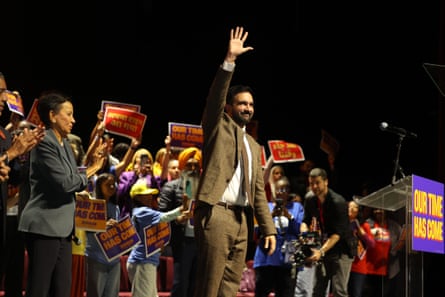
Over the last decade, there has been a rising number of Muslims American politicians who are members of the Democratic Socialists of America or lean very deliberately left: Mamdani, Rashida Tlaib, Omar Fateh, Zaynab Mohamed, Shahana Hanif, Ilhan Omar, Abdul El-Sayed. It is not the first time a religious minority in the US played an outsized role in the left. For decades, the American Communist party was made up of a disproportionate number of Jewish Americans.
“The left has been one of the only places that has been generally open, receptive and supportive of Muslim communities since 9/11,” said Ahmed. “In the immediate aftermath of 9/11, and then in the anti-war movement around Iraq and Afghanistan, there was nobody else standing with us against our repression. Many of us grew into our organizing at that nexus.”
Waquad is a member of the DSA and president of the Muslim Democratic Club. For Muslims, she explained, the DSA is “an alternative to the mainstream Democratic party”. The general election “showed how disenfranchised a lot of voters felt. Muslim voters felt pretty much ignored.”
“The feeling that I had submitting my ballot for the general election was one of sadness. There [wasn’t] much of a choice in what we could vote for,” said Waquad.
“Whereas when I submitted my ballot for the primary for the mayoral race, I cried,” she said. “I’m not just voting for somebody who is Muslim. I’m voting for somebody that I truly believe is the best candidate right now for the city and its people.”

 3 months ago
54
3 months ago
54
